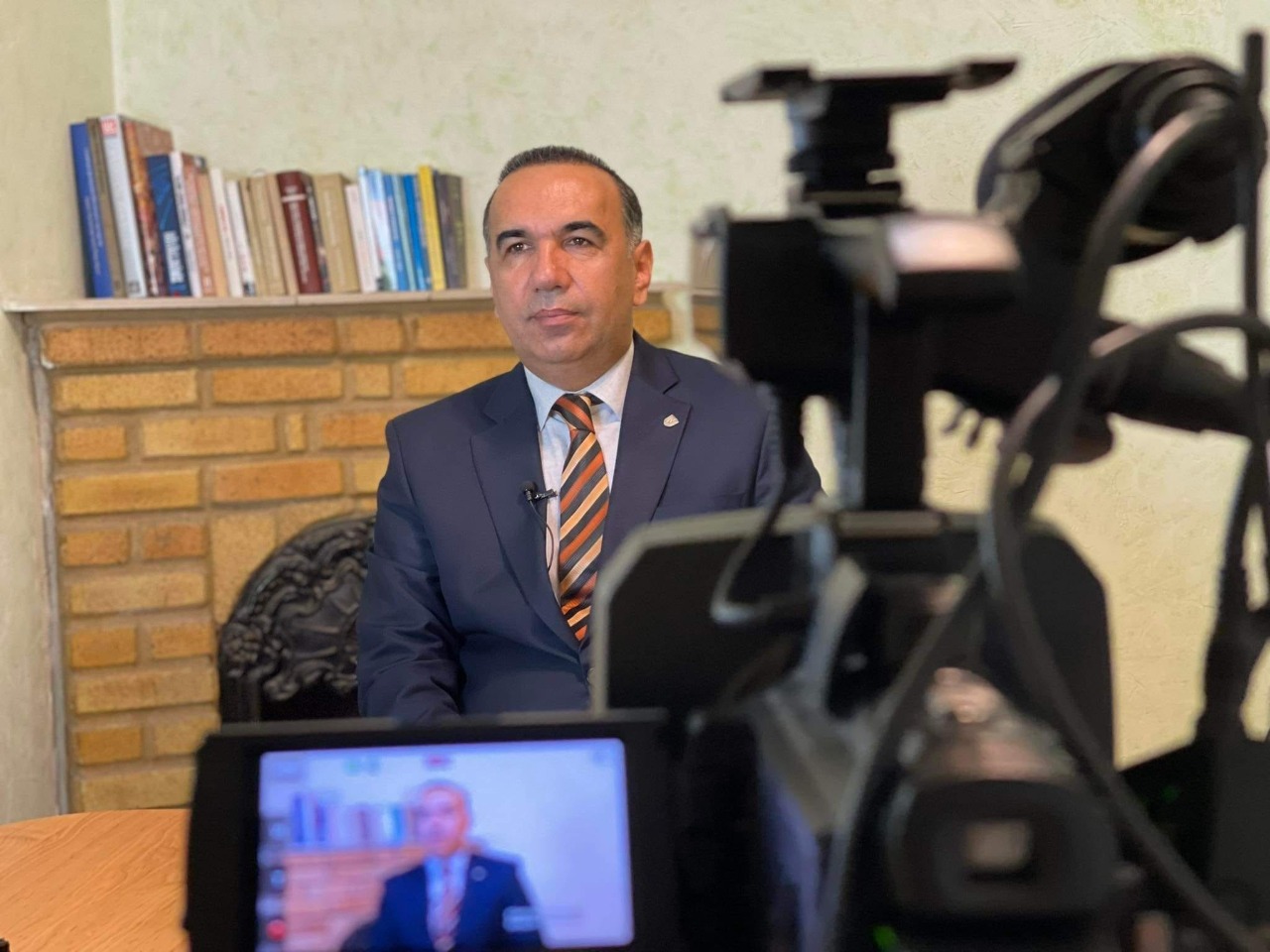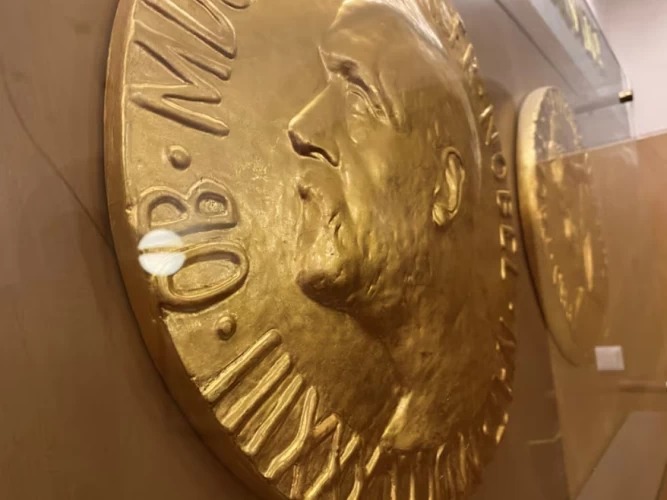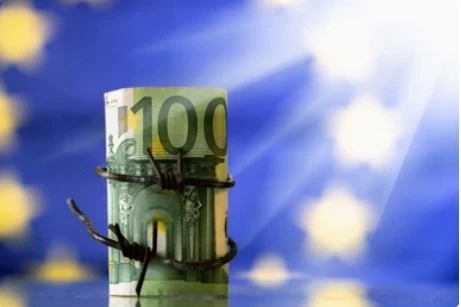In Qatar: “Children of Oil” and the World’s “Giants of Oil”: What Should the “Smaller Ones” Do?
The paradoxical development trajectory of resource-rich states is described with various epithets. A wide array of terms is used in this context: “resource curse,” “devil’s excrement,” “distorted development,” “African fever,” “Dutch disease,” “paradox of plenty,” and so on. Qatar, which leads the world in GDP per capita, also uses another intriguing phrase: “children of oil.” … ➠ 📖




